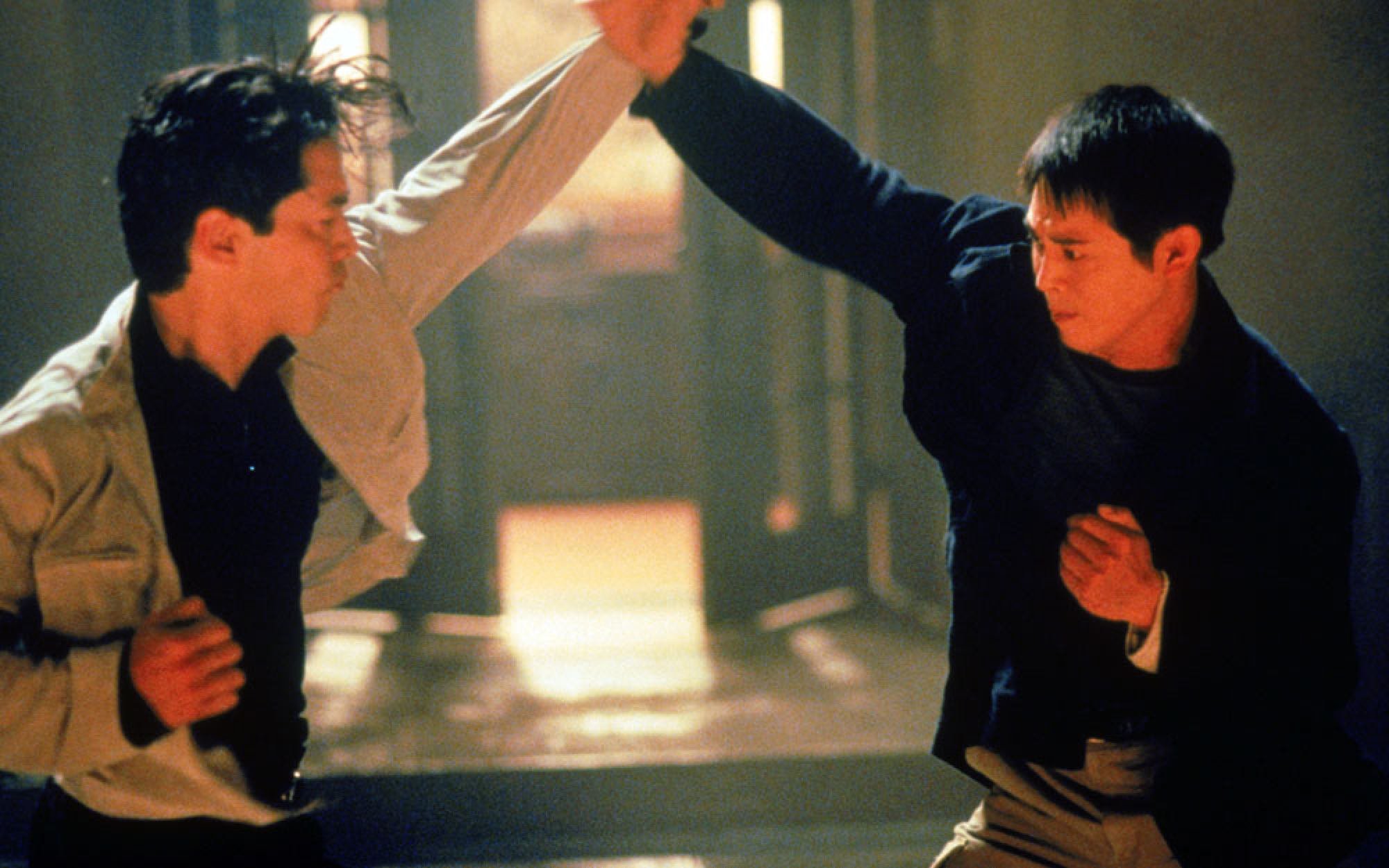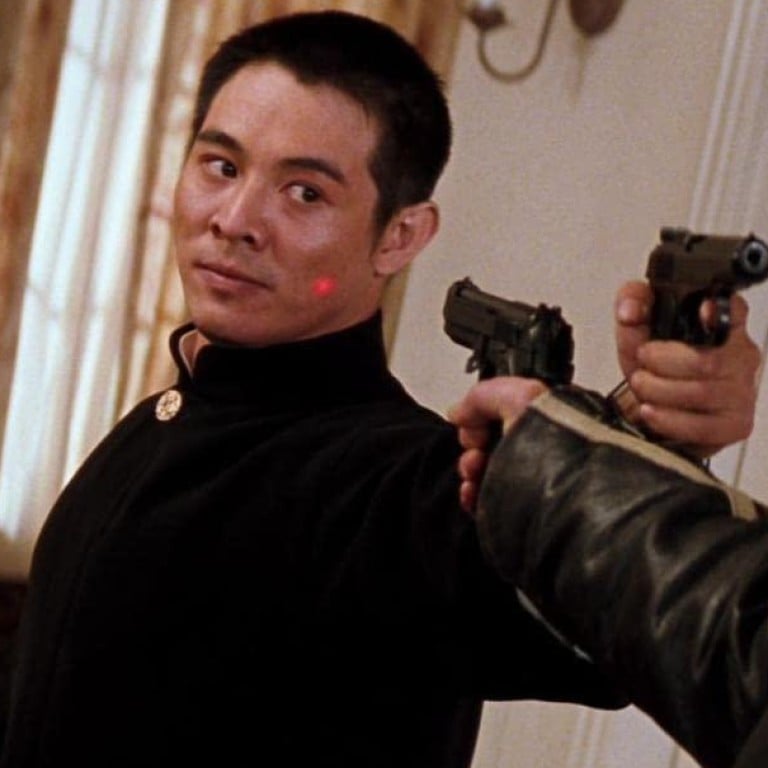
Jet Li in America: how Lethal Weapon 4 and Romeo Must Die, the Chinese martial arts star’s first two Hollywood movies, took shape
- After approaches from Francis Ford Coppola and Oliver Stone, Li starred in Lethal Weapon 4 with Mel Gibson and Danny Glover, but was given a low sixth billing
- In Romeo Must Die, the late R&B singer Aaliyah was his co-star in an actioner aimed at elevating Li to leading-man status, but it received mixed reviews
Jet Li Lianjie had high hopes for his Hollywood career in the late 1990s, but his first two films in America met with a mixed reception.
Lethal Weapon 4 (1998)
When it was announced that Jet Li would appear in Hollywood’s Lethal Weapon 4 alongside Mel Gibson and Danny Glover, it was big news in Hong Kong – even though Li hails from mainland China, the city regarded him as one of its own stars.
His success in Hong Kong in the early 1990s had reportedly led to approaches from Francis Ford Coppola and Oliver Stone to star in a US film. Lethal Weapon 4, produced by Hollywood super-producer Joel Silver, was the project that materialised.
Why The Assassin isn’t a typical wuxia film: no wirework or bloody effects
The buddy cop film franchise, which was a mix of comedic humour and action, was tired and Silver had already brought in black comedian Chris Rock to pep up the storyline.
Li, who had to pass an audition to win the role, was added as an extra attraction, and was given a low sixth billing.
I asked Richard Donner if he wanted me to fight the US way, or the Hong Kong way ... He said, ‘we just want your style.’
Li decided not to use wirework, and the martial arts scenes mainly feature some well-executed close fighting which makes good use of Li’s skills in the fast and aggressive xingyi quan martial arts style.
The fight staging veers towards the US style of action, utilising swift cuts to different camera angles, but Li’s prowess at martial arts is clearly visible on screen.
Li says the action scenes worked because the director, action veteran Richard Donner, let him choreograph his own scenes, and also hired Yuen and other martial arts experts from Hong Kong to work on the film.
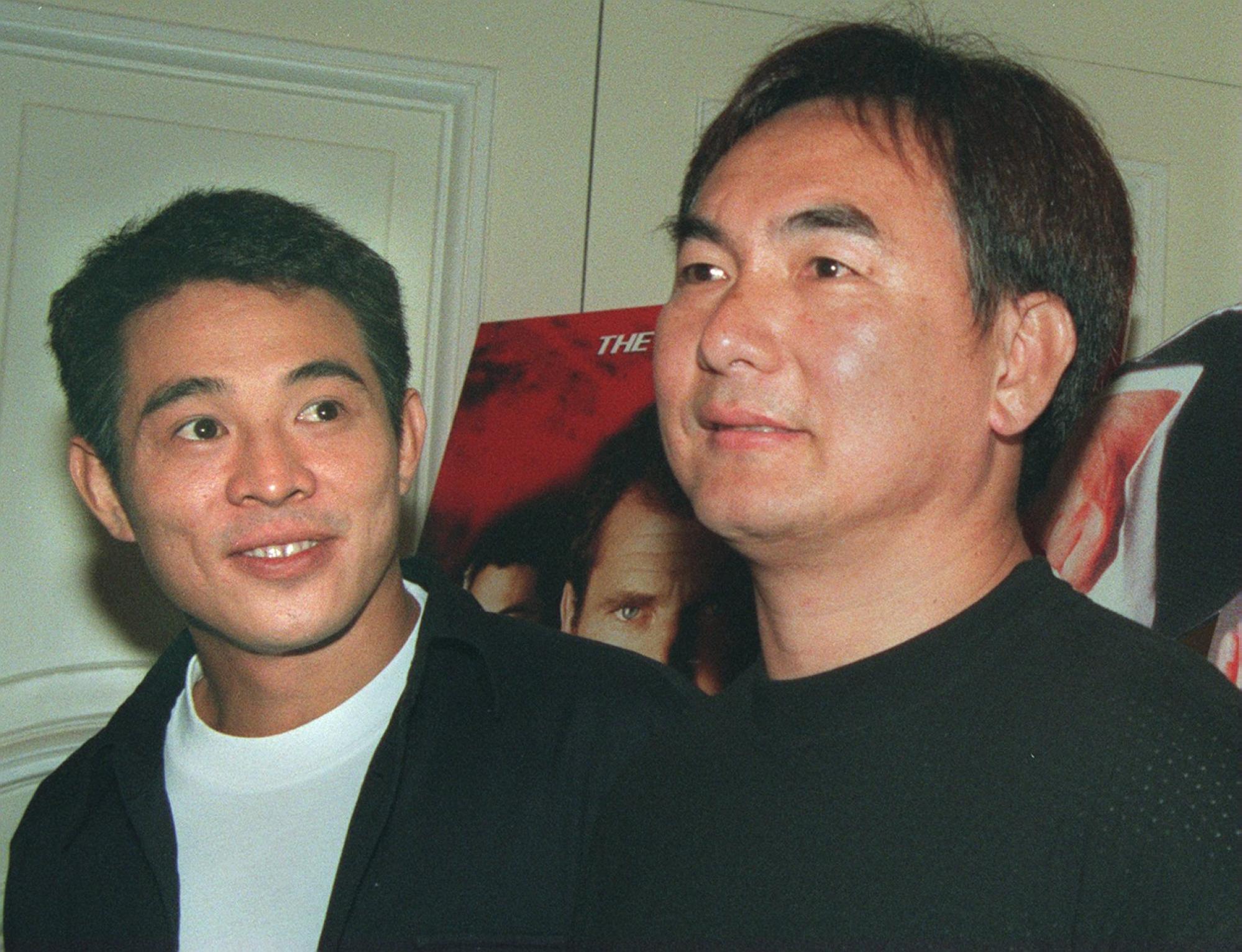
“I asked Richard Donner if he wanted me to fight the US way, or the Hong Kong way. I told him that the two ways were very different, and if he wanted my kind of action, he had to give me freedom to work,” Li commented.
“He said, ‘we just want your style.’ So it was great, because I could bring my people over to help choreograph the scenes.”
Gibson reportedly said he liked the way Li fought, and Li could beat him up any way he liked on set, although he was warned not to actually hurt Gibson.
The film’s racist slurs – there is a running “flied lice” joke and various other insults – were noted by Hongkongers at the time, as was the vicious nature of Li’s character, Wah Sing Fu. Wah is fully evil and is given no decent qualities to humanise him – he even punches out a pregnant woman.
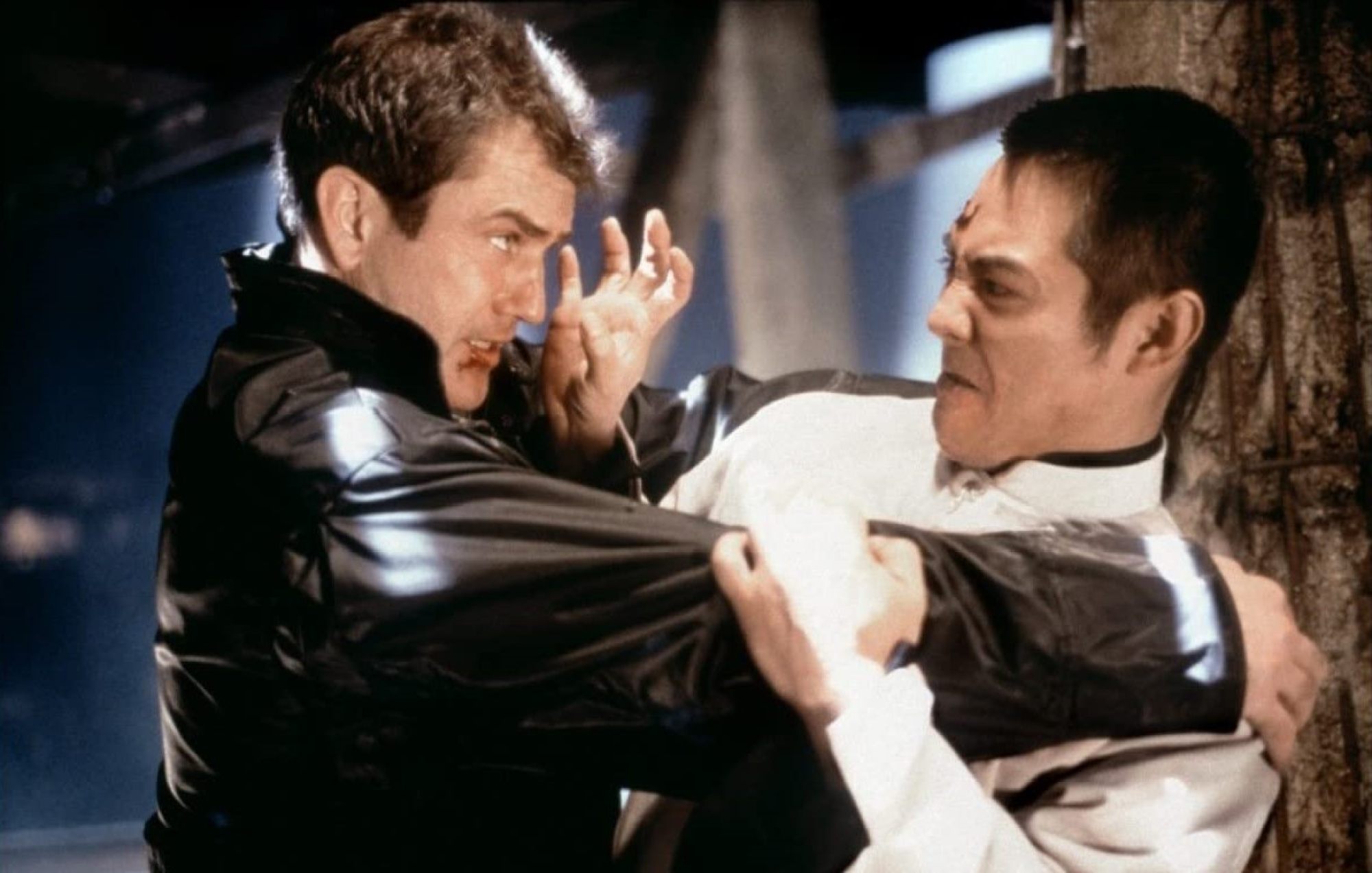
“I am just an actor and I follow the script,” Li noted when questioned about the negative portrayal of Asians in the film.
Romeo Must Die (2000)
African-American audiences have a lot to do with the success of martial arts films in the US – black viewers were the first American fans of the genre in the early 1970s.
Producer Joel Silver, who had worked with Li on Lethal Weapon 4, tried to capitalise on this connection with 2000’s Romeo Must Die, an adaptation of Shakespeare’s Romeo and Juliet which set Li and the late R&B singer Aaliyah in a vaguely realised romance against the backdrop of a gang war between black and Chinese gangsters.
Silver packed the soundtrack with tracks by DMX, Timbaland, and others. The press junket for the film, held in New York, even featured a set by Aaliyah at a nightclub together with Li and DMX, to push the point home.
Silver doubled the number of Li’s fight scenes – there are eight, as opposed to the four in Lethal Weapon 4 – and thought the film would elevate Li to leading-man status.
Jet Li’s 10 best films ranked, from Shaolin Temple to Fearless
But its convoluted story, which was based on a 10-year-old script that originally pitted Italian-American gangsters against Japanese yakuza, is messy, and relegates Li to being just one player among many.
What’s more, the action scenes, choreographed by Li, Corey Yuen and the same Hong Kong and US team from Lethal Weapon 4, suffer from an attempt to fuse unrealistic- looking wirework with down-to-earth American-style action. The sequences are edited so quickly that Li’s martial arts moves are not clearly visible.
A modernised version of a scene in Lau Kar-leung’s magnificent Dirty Ho, in which Gordon Liu’s deceptive hero used Kara Hui Ying-hung’s body like a marionette to ward off an attack, is one of the best scenes. Li uses Aaliyah in a similar way to kill a female assailant, because he doesn’t want to fight a woman himself.
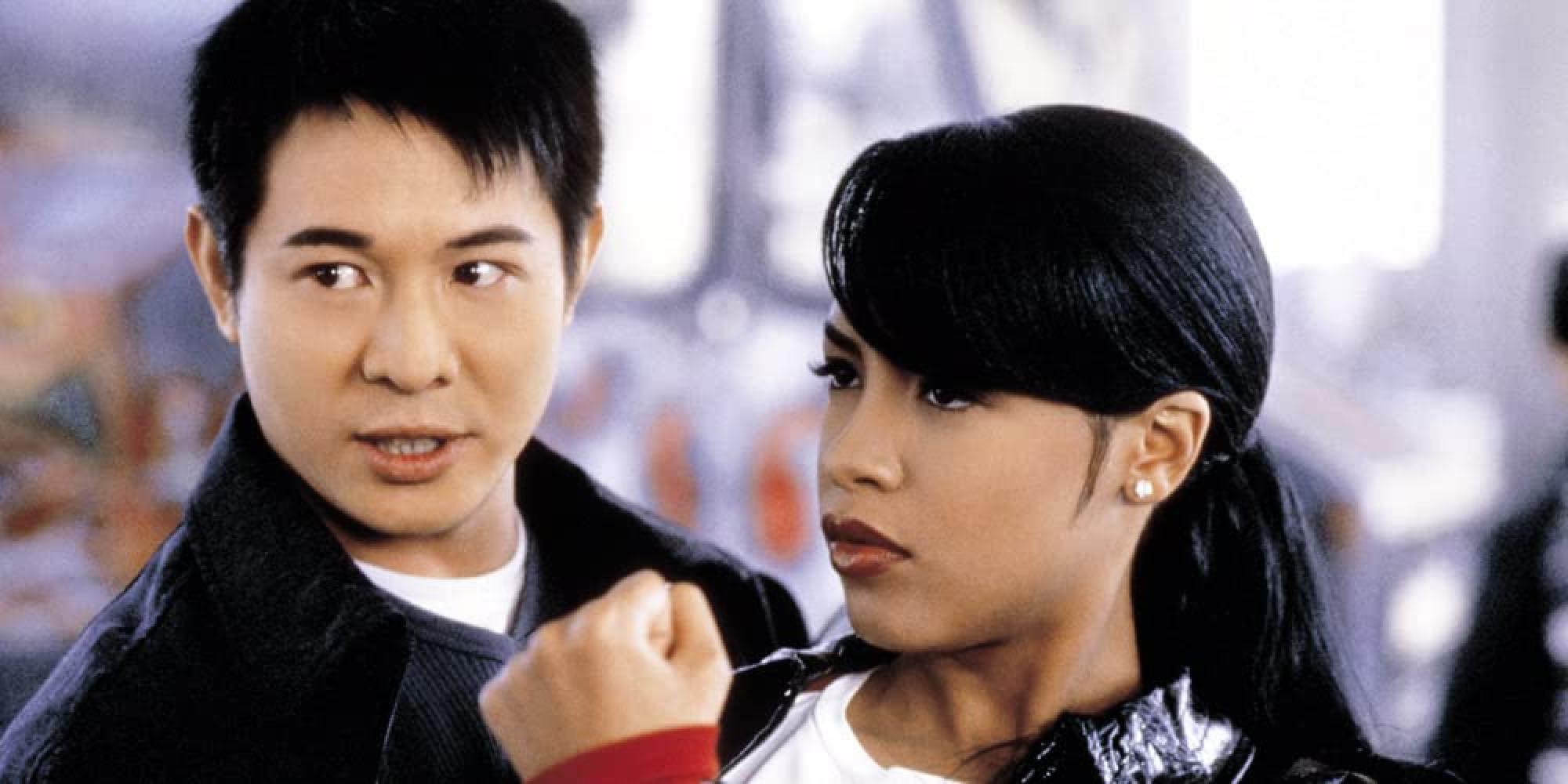
A segment in which Li quickly adapts to the rigours of American football is also fun to watch, although even this suffers from some incongruous wirework that looks out of place amid the more grounded fighting styles of the American characters.
A nasty special “X-ray” effect which showed the bones of Li’s victims breaking and crushing – the effect was reported to be Li’s idea – also disappointed martial arts fans, as it made the star seem brutal and removed the grace from the combat scenes.
